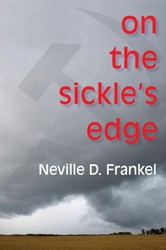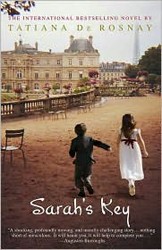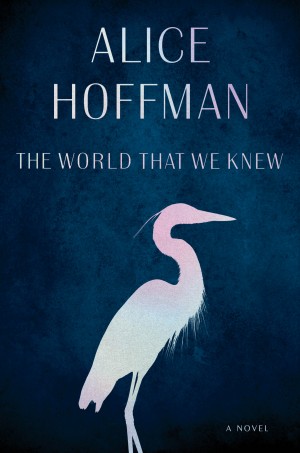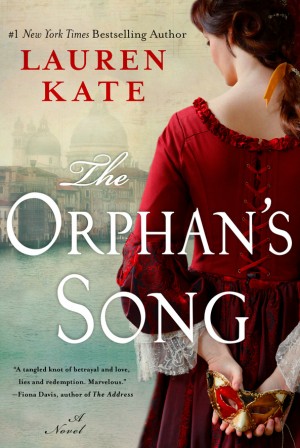A young journalist directs his attention to an attractive young woman in a nearby box at the opera. A few days later she approaches him at a salon, playfully introducing her mother before she slips off to find a dancing partner.
Vladimir Jabotinsky’s The Five opens and unfolds in almost classic 19th-century fashion. Maryusa, the high-spirited young woman, is one of five children in the Milgrom family, assimilated Jews living in the Ukrainian port of Odessa, a sophisticated polyglot city. Their house is open, practically day and night, to Maryusa’s “sightseers,” students and wouldbe students, young people about town, and the journalist narrator.
Over time the narrator becomes deeply involved with the family and the Milgrom children, the five of the title. In recording their lives, he gives us an entertaining cast of characters, with set speeches that air contemporary ideas in the critical period before the Russian Revolution. And given the years the novel covers, we also see the Russian Empire about to crumble.
The Five can be read for the story it tells, rich in details of life in Odessa and the Jews who almost fit into its open society. On another level, the lives of the five Milgrom children may be seen as the various ways fate dealt with the Jewish citizens of Odessa.
Written in Russian, The Five was published in Paris in 1936 and is now appearing in English for the first time. Professor Michael R. Katz of Middlebury College has produced a highly colloquial and readable translation. The brief footnotes, largely identifying works and individuals, are mildly intrusive, and the introduction, by Professor Michael Stanislawski of Columbia University, could have provided slightly more historical context. These are small criticisms, however, of a work that not only tells us, albeit in the guise of fiction, about Jabotinsky, remembered mostly as a founder of the anti-British Haganah, but is also a tribute to, and eulogy for, the vigor and vibrancy of Odessa. Biblio., footnotes.
Maron L. Waxman, retired editorial director, special projects, at the American Museum of Natural History, was also an editorial director at HarperCollins and Book-of-the-Month Club.





